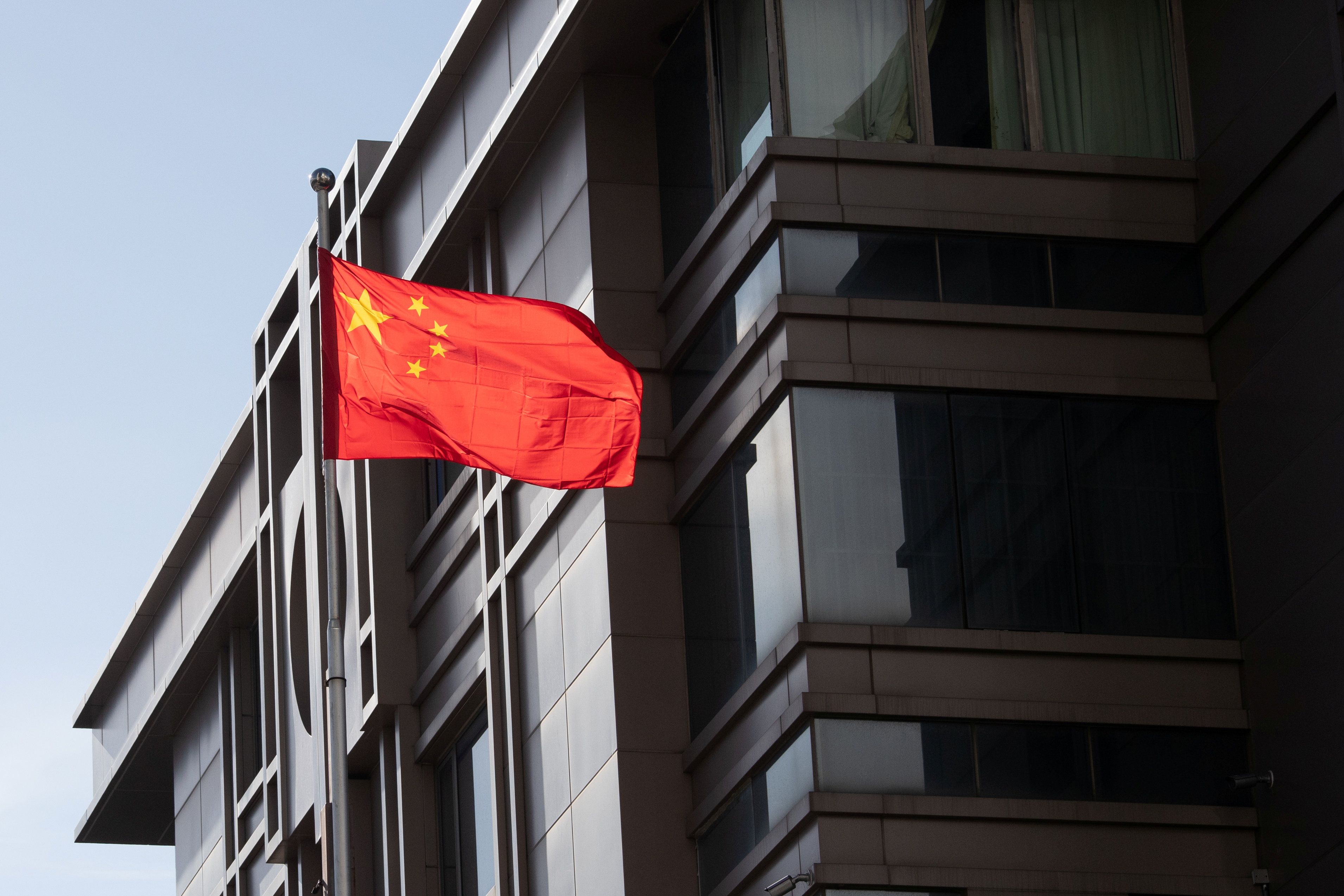Well, the US-China relationship has now deteriorated to the point that the even the fire department is getting involved. Earlier this week, the US government ordered the Chinese consulate in Houston to close, prompting Chinese diplomats there to begin burning trashcans full of documents before leaving.
Why did the US government do this, and what comes next?
The exact reason is still unclear. The US State Department said the move was meant to "protect American intellectual property," but didn't elaborate. David Stilwell, a top US diplomat for East Asia, claimed the consulate was being used by the Chinese military to send spies into US universities. Republican Senator Marco Rubio, who sits on the Foreign Relations Committee, called the facility a "massive spy center." It remains to be seen if the US government will provide more detail or substantiation for the claims.
But the move comes in a larger context of rapidly fraying US-China ties. The two sides have long been locked in a steadily deepening rivalry over global economic, technological, and strategic influence. And lately, Washington has been throwing a lot more punches.
In recent weeks, the US has sanctioned officials involved in China's repression of Uighurs in Xinjiang, as well as those implementing a new security law that strips Hong Kong of its autonomy. Washington has also stepped up efforts to isolate Chinese tech giant Huawei (now with help from the UK), and this week the US indicted two Chinese nationals for trying to steal coronavirus vaccine research. There are plans afoot to ban the popular Chinese-owned video app TikTok, and (less feasibly) to prohibit US entry to the 90 million members of China's Communist Party.
Is the electoral calendar playing into all of this? Quite likely. For US President Donald Trump, hitting China hard is good politics as the election approaches. He has little good news right now on the economy or coronavirus, but suspicions of China enjoy strong bipartisan and popular support these days.
How might China respond? Beijing has vowed to retaliate, diplomatically or economically. A proportionate response would entail kicking American diplomats out of one of China's secondary cities (the hawkish Global Times newspaper is running a Twitter poll about which one it will be). If China wants to play tough, there are also, as always, the darker realms of cyber troublemaking.
Is the US-China trade deal in peril? Neither side wants to blow up the fragile "Phase One" trade deal reached last December, which paused a rapidly growing trade war: after all Beijing is just getting its economic mojo back after (mostly) dealing with coronavirus, and Trump certainly doesn't want another hit to the staggering American economy as his hopes of re-election dim.
But that latter point, of course, might be a reason for Xi Jinping to pull the plug if he wanted to undermine Trump — but he'd have to be very sure it would work: it would hurt China's economy too in the short term, and it's an "if you take a shot at the king you best not miss" type of situation.
The bottom line is that closing the consulate will have little practical effect on US-China ties for now. But the symbolism matters, particularly if it's a sign that the US is committing to a much more aggressive line on China in the coming months. (Pro-tip: for more on that, keep an eye on Pompeo's China speech in Los Angeles later today.)
In other words — to bring it back to those flaming trash cans — the consulate closure itself is mostly smoke, but the fire beneath is starting to crackle a lot louder.
More For You
With close ties to both the US and China, can Singapore survive in an increasingly fragmented and chaotic world? Singapore’s President Tharman Shanmugaratnam joins Ian Bremmer on the GZERO World Podcast.
Most Popular
Think you know what's going on around the world? Here's your chance to prove it.
This week, Prime Minister Keir Starmer became the first UK leader to visit China in eight years. His goal was clear: build closer trade ties with Beijing.
